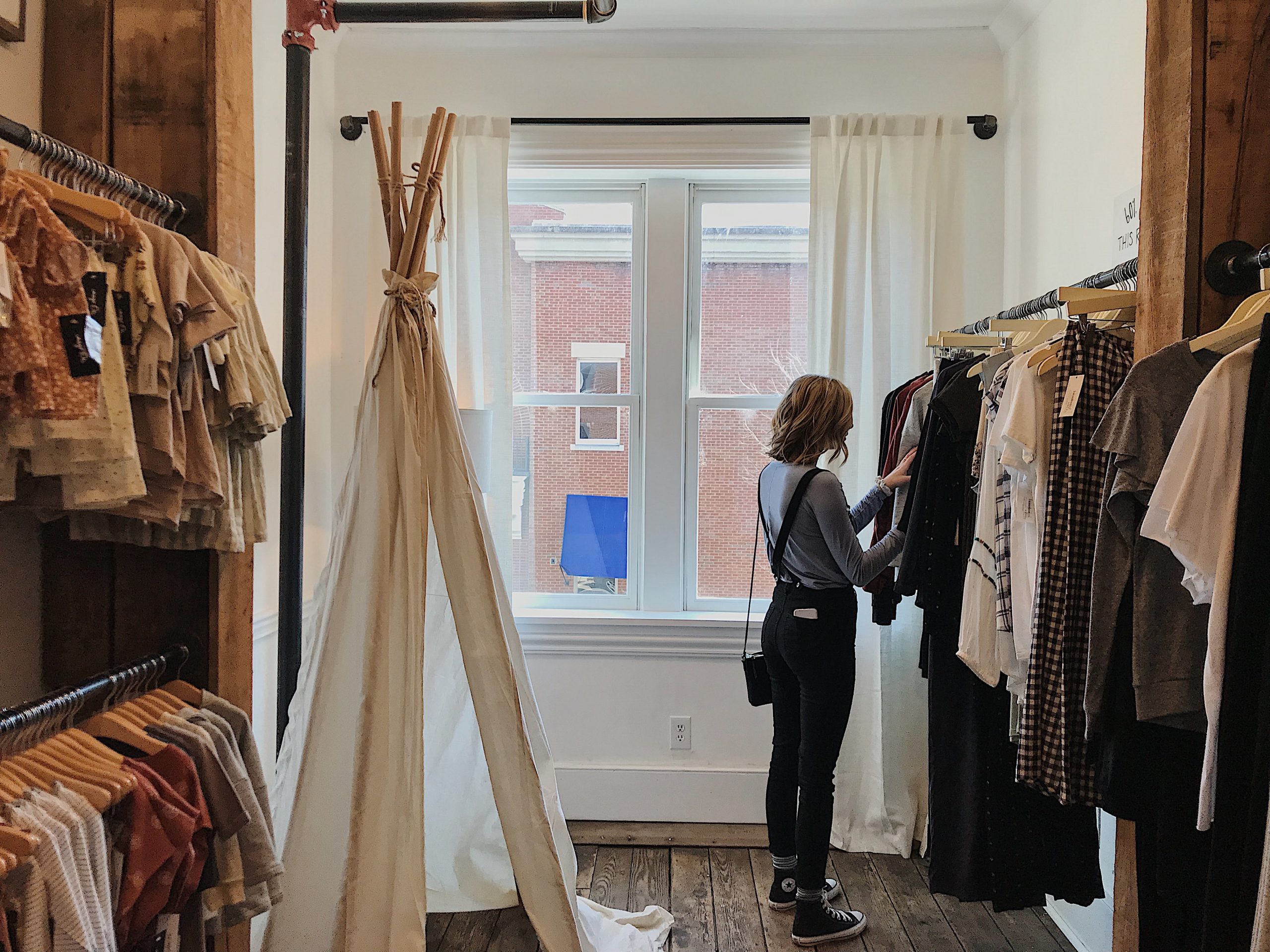
Spending money is a necessity of life. Whether it’s your daily shop or a treat for the week, shopping has a pleasurable effect on the brain. But when does retail therapy, become a retail obsession? And, what can you do to help kick the habit?
You may have heard of the chemical dopamine, and its ability to make us feel good when we eat chocolate or exercise. When dopamine is released in large amounts, it creates feelings of pleasure and reward, which motivates you to repeat a specific behaviour.
Shopping releases an influx of dopamine which creates a feeling of reward when you contemplate a new purchase. This often causes our impulse to buy, which usually remains balanced by our financial reflection and dread of overspending. When this process becomes imbalanced people can become addicted to the positive sensation, the impulse buys turns into compulsive spending, often leaving people with financial distress.
Feelings of guilt due to overspending mean many people who suffer from shopping addiction also experience a mental health condition, such as anxiety or depression. If you want to find out more about coping with anxieties, then visit our blog on ‘Self-care Tips For Anxiety’.
Shopping addiction is relatively common, a recent study found that up to 7% of adults have some form of compulsive buying issue. Do you spend the last bit of money in the bank or hide your receipts? Do you feel anxious when you don’t shop or feel guilty when you do? Have you got a wardrobe full of clothes that still have their tags on, or a cupboard full of things that you don’t need or ever use? Are you always looking for that “perfect” item or bargain even if you don’t need it?
If you do, then this could be a sign that you have a shopping addiction.
There is nothing wrong with the occasional treat to make yourself feel a little better after a hard week, but if you are buying in reaction to a stressful situation then you may want to think of some coping strategies to help manage your emotions.
There is no off-the-shelf solution, it is important to understand that every individual is different and that not all solutions will be a quick fix for everyone. Here are some tips that you may find useful:
Identify triggers
Almost everyone has a trigger that provokes an intense emotional reaction within us. This could lead to a compelling urge to shop. Identify what your triggers are and pay attention to your reaction. Try to overcome the urge to shop and find a healthier way to overcome your emotional state.
Stay occupied
There are lots of things you can do to look after your mental health and wellbeing. Exercise, listening to music, meditation, hobbies, reading – these are all things that are known to have a positive impact on mental health and that you could do in replacement of shopping.
Remove temptation
Try to resist the urge to walk through your favourite shops and limit your shopping trips so that you only enter the aisles when it is essential. If you are an online shopper, delete those apps and stay away from your internet browser.
Ask for help
Sometimes asking for help seems like a daunting task, but it is a very beneficial way to overcome addiction. It reinforces a growth mindset and can help you progress better and quicker. If you struggle to speak to family and friends, then you can talk to organisations such as Samaritans and Mind.